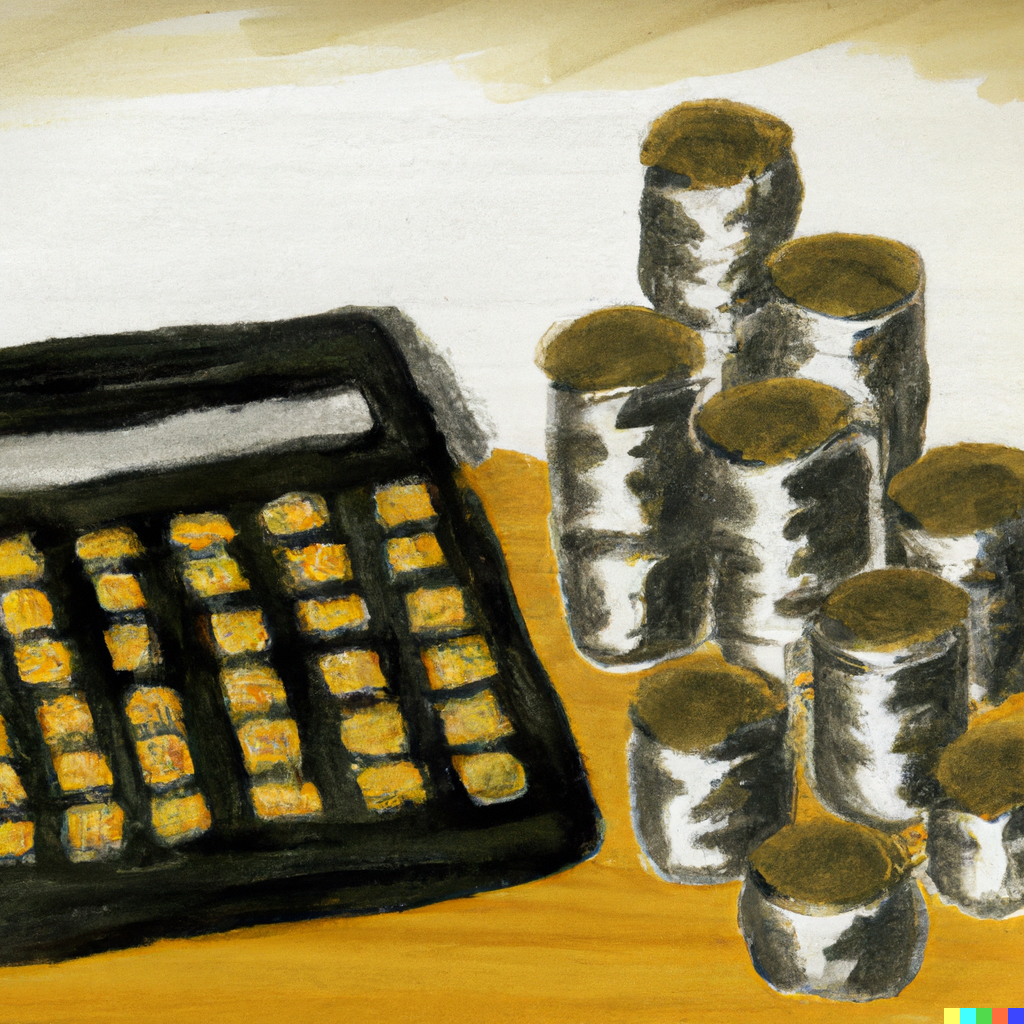The three types of donors who donate to political campaigns

Not all donors are alike. Understanding what type of donors exist, and what their reasons for giving are, will help you better understand how to structure your fundraising efforts and priorities.
The three types of donors boil down to this:
1) Those who believe in you.
2) Those who believe in what you stand for.
3) Those who have an economic interest in you winning.
Donors who believe in you
This is a segment of donors that every candidate should have, and in most cases it's a pool of donors that is uniquely theirs. It's basically donors who have a personal relationship with the candidate. In other words, people who have probably been receiving and/or sending Christmas cards from/to the candidate.
This set of donors should make up the initial fundraising base of the candidate. They are friends, family, co-workers, associates, and colleagues.
You should view this set of donors as "Level 1." If you can't raise money from this group of people, you aren't likely to raise it from the other people, and you're unlikely to run a successful campaign – because you won't have any money.
In most cases, I would argue that this pool will make up around 20-30% of your fundraising total when all is said and done, although it will probably make up 90-100% of your donors during the initial phase of the campaign.
For further insight on this list, I encourage you to read another article I wrote that details how to raise money from your Christmas card list:

Donors who believe in what you stand for
These are a set of donors who donate for ideological reasons. In most local campaigns, this is a less significant pool, because most local candidates for office aren't voting on high-profile ideological issues like abortion, gun control, climate change, or other issues that dominate the discourse at the federal and state level.
That being said, there are donors who will donate to Republican candidates because they are Republican or Democratic candidates because they are Democrats.
Additionally, you could also re-define this pool as "issue-based donors" who may support candidates in local elections due to their positions on local issues. For example there may be local donors who will donate to candidates who oppose new housing or to candidates who support increased police funding.
They are essentially a pool of people who are committed enough and passionate about their own personal beliefs that they are willing to spend money toward advancing them.
While it's possible to raise money from some of these donors without first building credibility by raising money from your Christmas card donors, these donors are usually discerning enough to know who is a credible candidate and who isn't.
These donors often don't give in very large amounts either.
For candidates at the local level, I would expect this pool of donors to typically make up about 5-15% of your total donations. If you're running for State or Federal office – where ideological positions are more prominent – this percentage may be a bit higher. And if you're Bernie Sanders running for President, it's significantly higher.
Donors who have an economic interest in you winning
This last pool is the most significant, yet also typically the last to show up. They are the donors who have an economic interest in the outcome of the election, and thus want to best position themselves to back the winner.
In the context of a City Council election, this would include local developers, trash companies, labor unions with employees at the city, local construction contractors, and others. Basically anyone who receives a check from the city, either as an employee organization or contractor, or anyone who would financially benefit from a city decision (like a developer).
This group is not ideological, and they probably don't have much of a personal relationship with the candidate. They sit on the sidelines until it's clear which candidate(s) are the strongest and have the best chance of winning (while also supporting the donor's economic interests).
That's where having a strong performance among your Christmas card list comes into play. Being able to raise early money in a decent amount will give your campaign credibility, and it will increase your odds of receiving support from the economic interest crowd.
I want to quickly point out that this isn't due to some nefarious corruption. It's because, all else being equal, being on the winning side in elections is better in general for these donors. And this is especially true when the alternative candidates might directly be antagonistic to the interests of the donor.
Your campaign will likely raise 70-90% of your money from this pool of donors, presuming they get on board.
However, there are a couple exceptions to point out.
Not every jurisdiction has a pool of donors with an economic interest in the outcome of the race. Or there may be only one donor up for grabs. For example, in school board races, teachers unions are often the only significant donor up for grabs.
In these situations, your Christmas card donors become far more critical, because their donations will now fund 80-90% of your campaign.
Are there exceptions to these guidelines? Of course. I have seen, in several cases, a candidate run on basically one issue (anti-development), but that issue had enough emotional weight behind it in the community to garner an adequate amount of money.
As a general rule of thumb, however, what I described is generally the order you should expect money to come in the door at the volumes that I referenced.
Conclusion
There are always exceptions to every rule, and this article is...no exception. Some campaigns win based 100% on ideological donors or percentages that vary from those I listed. But over a large sample size, these are typically the numbers that play out based on my experiences.
There are often on occasions donors that can wear multiple hats. A developer with interest a project pending before a city certainly has an economic interest, but they're also ideological in a sense as well: they aren't going to give money to an anti-development candidate, even if that candidate is expected to win.



Member discussion